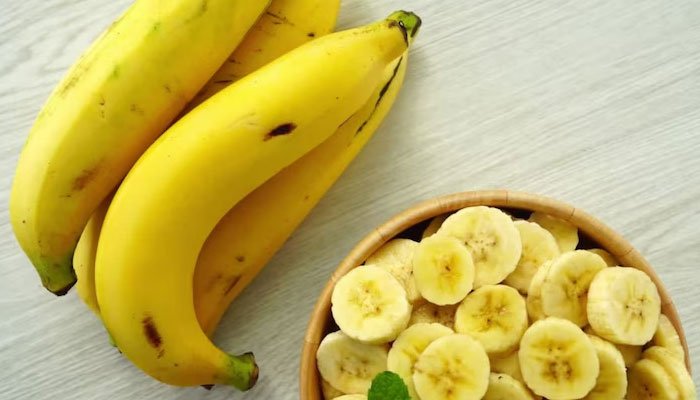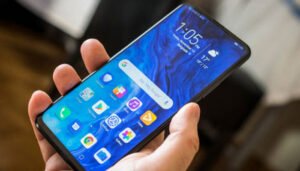Top 8 Diabetic-Friendly Fruits That Help Manage Blood Sugar Levels. Managing diabetes means keeping blood sugar levels within a healthy range — and diet plays a crucial role in achieving this goal.
While many fruits contain natural sugars, several options provide essential nutrients and flavour without significantly raising blood glucose levels. Health experts recommend choosing fruits with a low glycemic index (GI). The GI measures how quickly foods raise blood sugar, making it a helpful guide for diabetics.
Here are eight fruits that are tasty, nutritious, and generally safe for people with diabetes — when eaten in moderation:
1. Blackberries (GI: 41)

Blackberries are rich in fibre and antioxidants. Despite their sweet flavour, they contain relatively low sugar. This makes them a smart choice for those watching their glucose levels.
2. Kiwi (GI: 36)
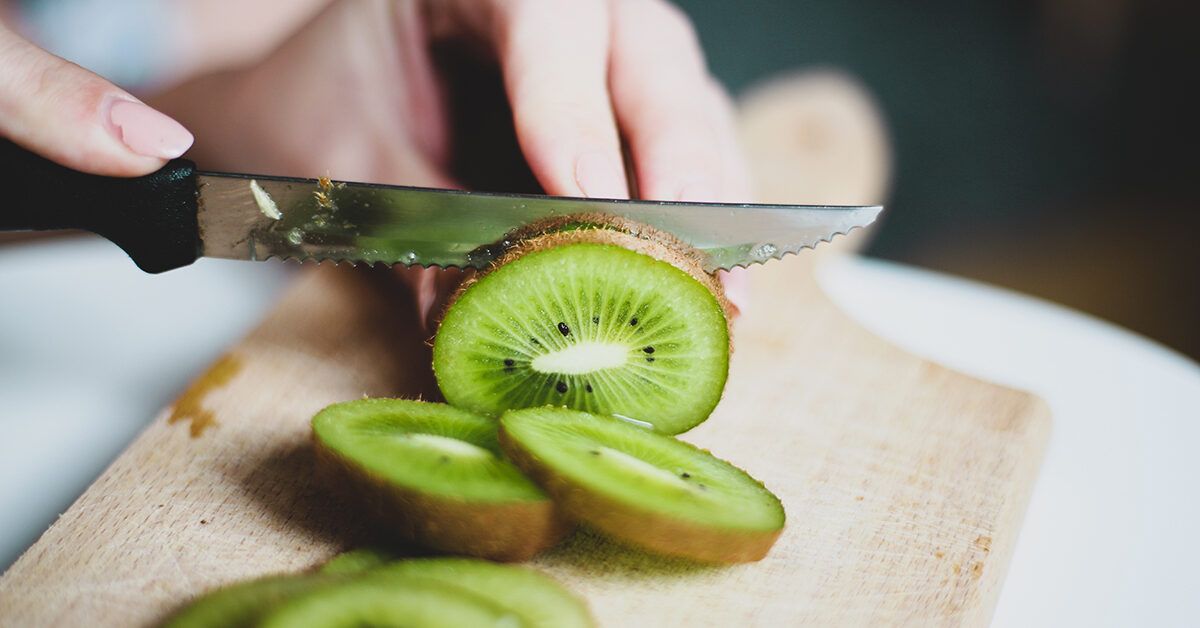
Kiwis are high in vitamin C and fibre, especially when eaten with the skin. Their low GI and nutrient profile make them ideal for blood sugar management.
3. Peaches (GI: 38)
Peaches support healthy digestion thanks to their fibre content. Their ability to slow sugar absorption makes them a great option for diabetics when portioned correctly.
4. Pineapple (GI: 40)
:max_bytes(150000):strip_icc()/GettyImages-126551980-1--579a411c3df78c32762c9180.jpg)
Pineapple offers a refreshing taste and moderate sugar levels. Experts recommend eating it whole, not as juice, to benefit from its fibre and lower its impact on blood sugar.
5. Watermelon (GI: 42)
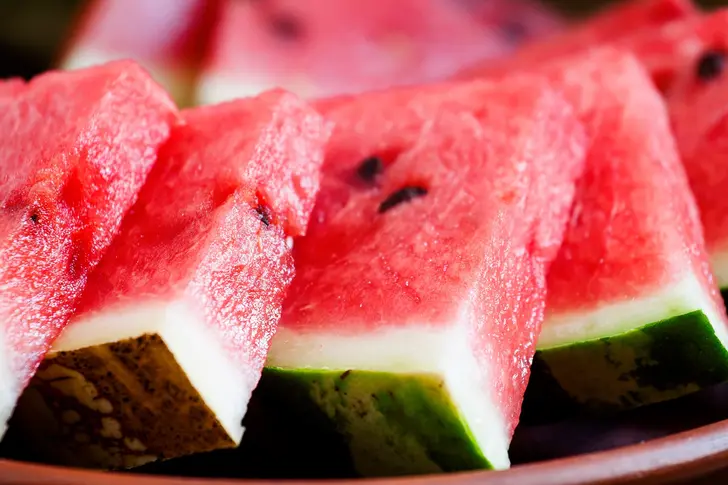
Watermelon is hydrating and rich in vitamins A and C. Its low calorie and high water content allow for safe, moderate consumption.
6. Cherries (GI: 53)
:max_bytes(150000):strip_icc()/VWH-GettyImages-1133638487-e24a3aa621e34e9e9b928c501870dfae.jpg)
Cherries contain antioxidants that support brain health. When eaten in small amounts, they typically do not cause sharp blood sugar spikes.
7. Grapefruit (GI: 20)
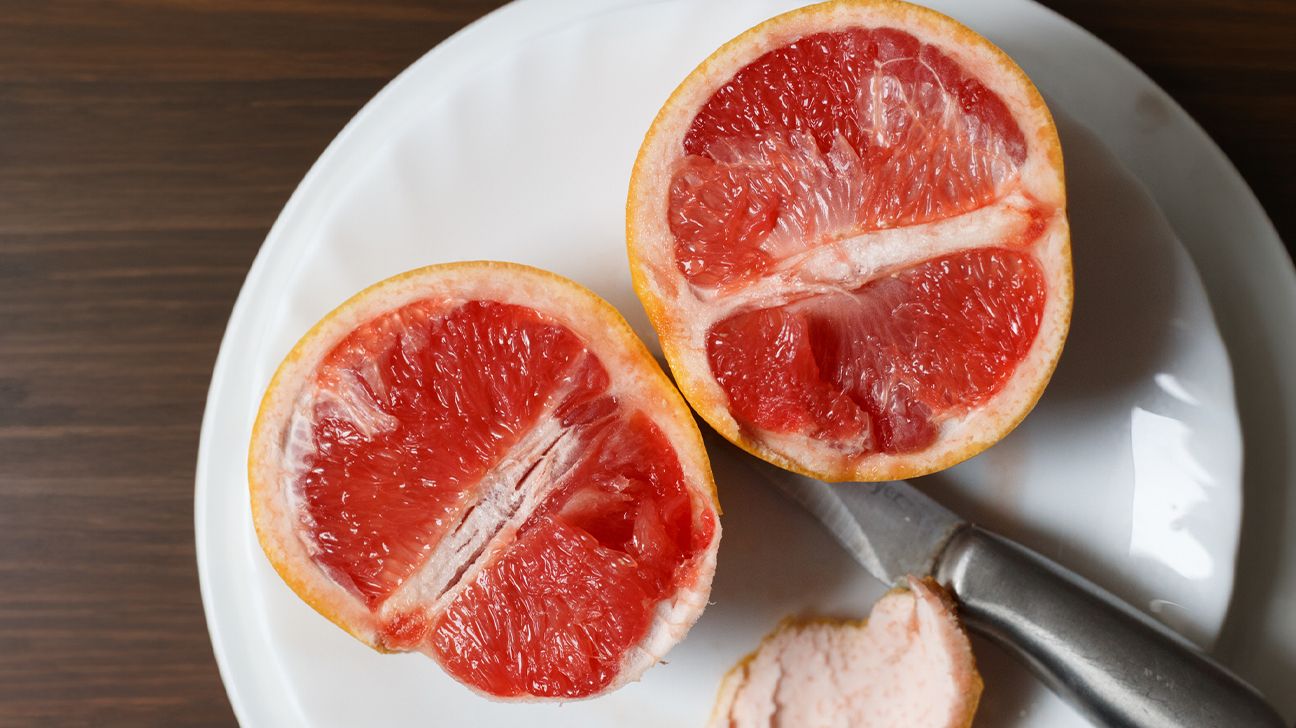
Grapefruit has a very low GI and offers anti-inflammatory benefits. It may also help improve insulin sensitivity when included in a balanced diet.
8. Papaya (GI: 72)

Although papaya has a high GI, its low sugar and high water content allow for limited consumption — just 1–2 small slices at a time.
Portion Control Is Essential

Doctors and dietitians emphasize the importance of portion control. According to Dr. Khalid Mansoor, a Lahore-based endocrinologist, “Even low-GI fruits can cause sugar levels to rise if consumed in large amounts. Diabetics should pair fruits with proteins or healthy fats to slow digestion and reduce glucose spikes.”

